Let’s Make an Impact
# BvB Dallas volunteers: 10
Activities: socialize and play prize BINGO with 15 – 20 memory care residents
COVID-19 protocols: at this time, masks are still required at Walnut Place and are available at the receptionist desk. As you know, the protocols are subject to change at any time.
Long-Term Care Ombudsman Program
Friendly Visitor Program
Tips for visiting in a Nursing Home
• Prepare yourself for the visit.
Know that you will see or talk to people with varying levels of physical,mental, and emotional abilities. You may experience a range of ages. Depending on the nursing home, some residents may be as young as in their 20’s, 30’s or 40’s and as old as 100+. Look past outer appearances and see the residents for the unique individuals that they are.
• Remember that residents are adults and should be treated as such. Accept and respect each resident as a unique individual, regardless of mental or physical condition.
• Remember that you are visiting and communicating with residents in their home. Always keep your mask over your nose and mouth. Introduce yourself. Respect their wishes—if they don’t want to participate or talk, that is okay.
• When talking with residents, don’t be afraid to share something personal about yourself, such as a hobby or a fun story about your family. Most residents will love to hear about life outside of the nursing home.
• Ask residents questions about themselves. They have lived long, full lives and have some pretty amazing stories to share.
• Be a good listener. Residents often have no one else who spends time talking with them.
• Respect confidence. Keep private conversations private. Do not share resident’s contact information (name, phone number, email address, etc.) with other people without their written permission or their legal authorized representative’s written permission. Direct any questions or concerns to the Activity Director.
• Do not take pictures of the residents without their written permission or their legal authorized representative’s written permission. Direct any questions about the facility’s photo consent policy to the Activity Director.
• It’s okay to give air hugs or blow air kisses if you are comfortable.
• Most importantly, relax, smile, be flexible, and have a great time! Know that you will be a bright spot in the resident’s day.
General Communication Techniques
• Address people by names they choose.
• Speak slowly and clearly. Speak louder only if you are sure the resident has a hearing loss. Sometimes volume is not as important as speed of speech.
• Repeat if necessary - once the same way, again another way if still not understood (rephrase).
Communicating with Hearing Impaired Residents
• Speak slowly, clearly, and in a low tone.
• When repeating, use different words. Example: “Do you have any children?”, then “How many children do you have?”
Communicating with Residents Who have had Strokes
• Involve the resident in activities and praise successful efforts. Recovery from a stroke is a slow process.
• Speech - some individuals who have had a stroke have difficulty expressing and sometimes understanding words.
• Some persons who have had strokes have uncontrollable crying when they engage in conversation. It does not necessarily mean they are sad. It can be frustrating for them if you put emphasis on this. Focus on listening to what they are saying rather than how they are saying it.
Improving communication with a confused resident: Communication with any person means sharing ideas, emotions, information, and requests. Communication with a confused individual means changing or altering the rules we have learned to accomplish these things.
The following suggestions may be helpful
Avoid outside distractions - A confused or Alzheimer’s patient has a short attention span. If the resident agrees, turn off the TV and radio. Limit excessive movements.
Secure the resident’s attention before you begin speaking.
Be prepared to repeat yourself - Short-term memory is the first capability to become impaired.
Use short, direct sentences - Ask clear questions that require clear, simple responses.
Speak distinctly - Think through what you are trying to say but remember to speak to the resident as an adult.
Don’t allow rambling - Often a confused or an Alzheimer’s patient will start off in a cohesive sentence, then begin rambling and repeating words. When this occurs, interrupt the resident with another specific question.This re-direction along with a touch on the shoulder or hand will help to maintain the quality of communication during your visit.
Find a common vocabulary - Find out from the activity director what interests this resident has had. Whether it is sports, homemaking, music or gardening, the resident will probably quite readily want to converse about a past interest.
Reminisce - While the short-term memory of some nursing home residents is impaired, long-term memories stay with them. Ask specific questions about the resident’s past life - about their hometown, family, wedding day, summer holidays, fishing trips, etc.

